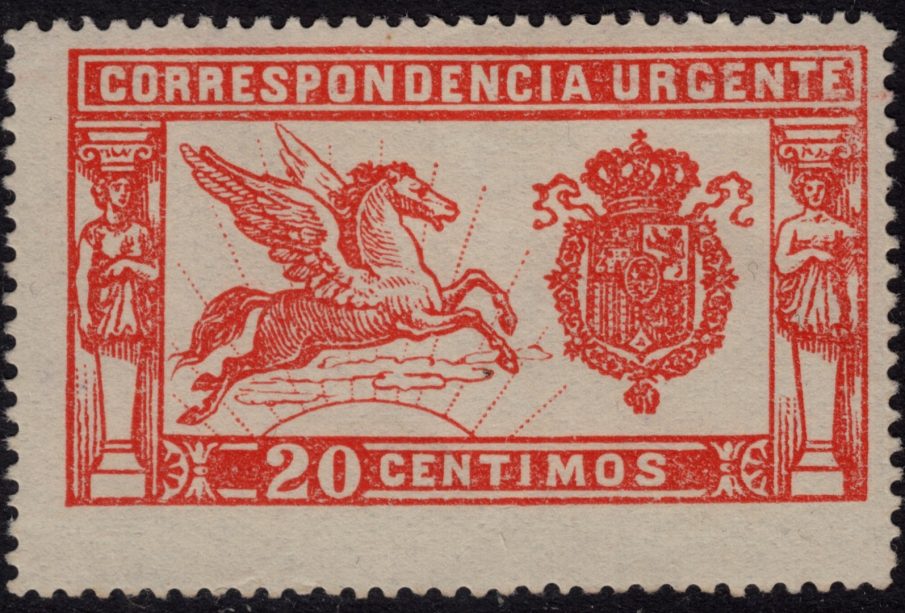Unveiling the Wonders of Spain: Culture and Economy

Introduction
Spain, a country rich in history and culture, is located on the Iberian Peninsula and is renowned for its diverse landscapes, vibrant cities, and significant contributions to the arts and sciences. As one of the largest countries in Western Europe, Spain plays a crucial role not only in the cultural realm but also within the European Union economy. In light of current events and challenges such as the impact of the COVID-19 pandemic and rising inflation, understanding Spain’s cultural and economic landscape has never been more critical.
Cultural Significance
The cultural tapestry of Spain is woven from various threads, including its regional languages, traditions, and cuisines. Each autonomous community showcases unique aspects, such as the flamenco dancing of Andalusia, the artistic masterpieces of Catalonia, and the traditional festivals of Valencia. The influence of historical figures like Pablo Picasso and Miguel de Cervantes cannot be overstated, as they have left lasting impacts on global art and literature.
Economic Landscape
Spain’s economy has shown significant resilience, recovering from the recession of the last decade. As of 2023, the country’s GDP is projected to grow by 2.5%, driven by strong tourism revenues, which account for a substantial portion of the economy. The tourism sector rebounded sharply following the easing of COVID-19 restrictions, with millions visiting Spain’s iconic landmarks, from the Alhambra to the Sagrada Familia.
However, the economic revival faces challenges, such as high inflation rates and unemployment figures that are among the highest in the EU. The Spanish government is implementing reforms to bolster job creation and stimulate economic growth, ensuring that the socio-economic fabric remains robust.
Government and Policy
The Spanish government has been active in addressing economic inequalities and fostering social welfare. Recent policies aim to support green energy initiatives and digital transformation, positioning Spain as a leader in sustainable development within Europe. This aligns with the EU’s Green Deal, emphasizing the importance of environmental sustainability alongside economic growth.
Conclusion
Spain’s unique combination of cultural richness and economic potential makes it a focal point in Europe. As it navigates current challenges while embracing its heritage and innovation, Spain remains a country of significant interest for tourists, investors, and researchers alike. Moving forward, the strategic initiatives in culture and economy will shape Spain’s role in the global landscape, reinforcing its identity as a vibrant European nation.









